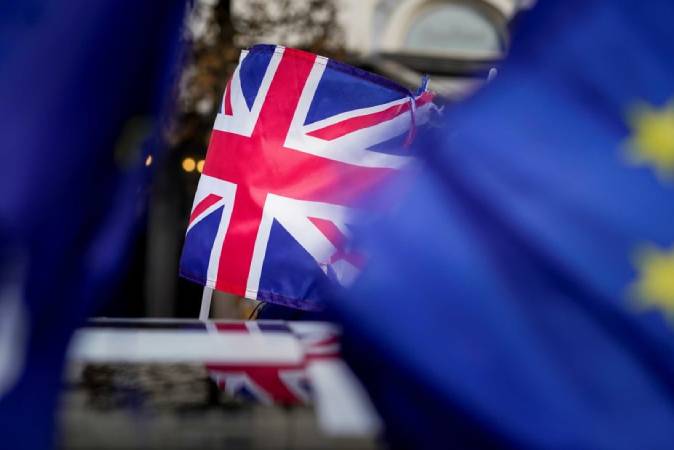England on Saturday announced its green list of 12 countries to travel to where its nationals will not require quarantine upon their return from 17 May.
Sri Lanka was among a host of countries that were not included in the list.
BBC said a new traffic light system of rules means international travel will no longer be illegal.
However, places on the green list, which includes Portugal, Israel and Gibraltar, have their own restrictions on who can visit from abroad.
Transport Secretary Grant Shapps said the UK approach was “necessarily cautious”, but the travel industry has said it is too cautious and called it a reopening of air travel “in name only”.
Turkey, the Maldives and Nepal will be added to England’s red list of countries from 0400 BST on 12 May, meaning travellers from those destinations will have to quarantine in a hotel for 10 days upon their return. The biggest group is the amber list, which includes popular European destinations, such as Spain, Italy and France.
People returning from those countries have to self-isolate at home for at least five days but Grant Shapps said no one should be travelling to those destinations at the moment.
Scotland, Wales and Northern Ireland have not said when they might ease their strict travel restrictions, but Shapps said all four of the UK’s chief medical officers agreed on the principles behind the traffic light system.
Speaking at a Downing Street briefing, Shapps said the changes were a “tentative” first step to opening up travel, as there remained “concerns about the resurgence of COVID”.
Shapps said the “success in combating COVID” in the UK was “not yet replicated in many places abroad”.
“We must make sure the countries we reconnect with are safe,” he added.
COVID tests will be required before and after travel.
The long-awaited restart of international travel is less throwing open the doors and more opening them a crack.
That’s a deliberate decision by the UK Government, which is hoping to reassure those who are nervous about opening the country’s borders while also giving a small concession to the travel industry.
Some in the industry are not impressed, calling the list a “missed opportunity”.
Many of the Transport Secretary’s comments, such as him dissuading passengers from travelling to amber countries and warning them to expect queues at the border, will be seen as trying to dampen down demand, just at the moment when the industry was hoping to ramp up.
Ultimately, the real test will be in a few weeks’ time when the Government announces the green list for June. The industry will be hoping it’s a little longer than this list.
Shapps said people looking to travel overseas should check any restrictions that apply to new arrivals, and not book trips that do not include a refund should the COVID situation change.
Countries on the green, amber and red lists would be reviewed every three weeks from 17 May, he added.
Spain’s Ministry of Tourism said the decision had no immediate effect with restrictions still in place for non-essential travel from the UK; but a spokesperson said Madrid “reiterates its conviction that this summer, it will be possible for British citizens to spend their holidays in Spain” and it predicts that in June “we will be able to start the reactivation of international travel”.
The travel industry has been largely critical, with Airlines UK calling the move a missed opportunity and “a reopening of air travel in name only”, which leaves the UK “at risk of falling behind”.
Holiday firm Tui Managing Director Andrew Flintham said it was “an overly cautious start”.
Easyjet Chief Executive Johan Lundgren said: “The decision to put so few European countries in the green tier is simply not justified by the data or the science and is inconsistent with the approach to reopen the domestic economy.”
The 12 countries and territories on the green list are:
Portugal
Israel
Singapore
Australia
New Zealand
Brunei
Iceland
Gibraltar
Falkland Islands
Faroe Islands
South Georgia and the Sandwich Islands
St. Helena, Tristan de Cunha and Ascension Island
The list will be reviewed every three weeks. Countries can be added or removed on short notice.
(FT)

